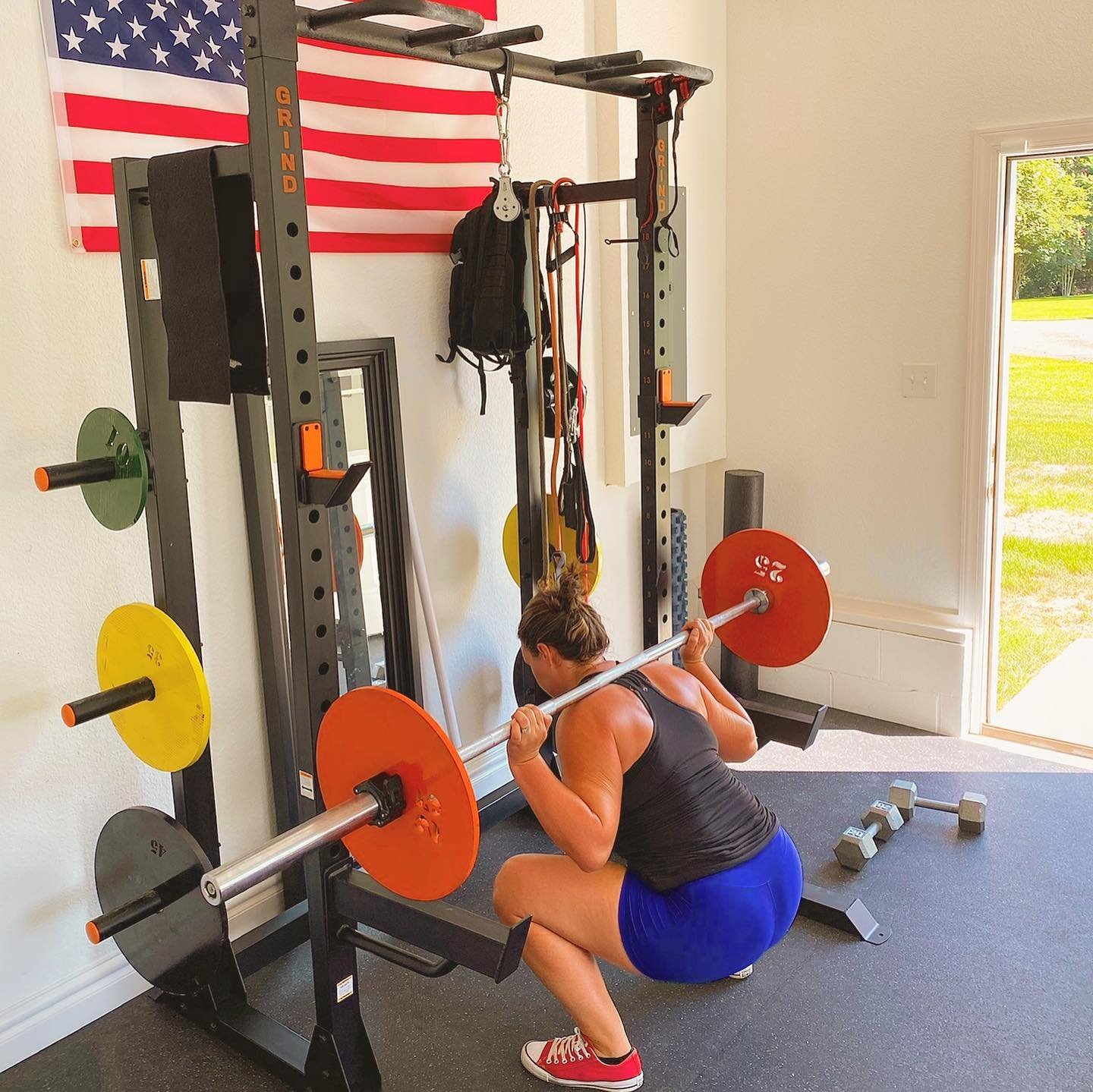Why Is Exercise So Important??
Here at S & A we have always advocated that there is no single solution for improving thyroid function, improving health, losing fat and keeping it off, and living vibrantly! You cannot out exercise an unhealthy diet and you cannot out supplement an unhealthy lifestyle. Period! End of story!! You can’t pop a pill and think that is all that you need to do. Can exercise and supplements help? Certainly, but not in isolation. I want to focus on why exercise is so important to the health of all people, but especially for someone who has Hypothyroidism.
We often hear it being said that if you have Hypothyroidism/Hashimoto’s that you should not work out!! If you do, you will stress your adrenals and that will suppress your thyroid! Truth of the matter is that the thyroid gland is extremely sensitive to stress, whether that is physical, emotional, or chemical! A stressed thyroid impacts the adrenals and vice versa. Stress can come from over exercising and under eating, just like it can come from under exercising and over eating and sitting at your desk or on the sofa all day. Too little exercise is just as stressful as too much! The type of exercise that you do is important as well. You want that Goldilocks effect, not too much and not too little. When you find that balance that is right for you, your thyroid will respond and you will turn on your fat burning machinery. That is a very individual thing!
I have always known that I had to work out to maintain my weight. I have always been able to keep my weight within 5 pounds of my normal through a combination of a diet that was right for me and workouts (again, that were right for me!), and lifestyle approaches. I developed gestational diabetes when I was pregnant with my first child. I had a very complicated delivery and his neonatologist told me to always keep my weight low or I would develop diabetes as I got older. When I turned 40 I began to put on more weight outside that 5 pound range. I was exhausted all the time. With Anna being diagnosed with Hypothyroidism at age 11, I knew the symptoms. I also knew that diabetes and Hypothyroidism sometimes go hand in hand. I was worried about the weight gain. What I was doing wasn’t working any longer so I made an appointment and was diagnosed with Hypothyroidism in my early 40’s. But just because I started on Synthroid, (the synthetic form of thyroid hormone, T4) the weight that I had gained had to be lost through diet, exercise and lifestyle changes. It doesn’t automatically come off once you start medication. It just helps you not continue to gain weight at an accelerated rate! I will talk about lifestyle changes in another blog. It’s too much to put into one!
Over the last 3 years, I have had a great deal of stress, I have not worked out like I used to and my weight has crept up and so has feeling a little older! And yes, like most of us, I have tried to find shortcuts to lose this extra weight!!! (Again, they don’t work in isolation!). It would be a good week if I managed to get in one workout. I let my life get in the way without figuring out a work-around. I didn’t put myself first. And as women, we do that to ourselves at times, looking after everyone else without taking some time to help ourselves in the process. And we suffer! When I work out I feel strong and energetic and have a clear mind and my stress is lowered. When I go a period of time without working out, I feel lethargic and run down and use that as an excuse not to hit the gym. My declaration is that I am getting back on my workout schedule today!! You need your muscle to burn fat!!!
Why is exercise so important? Over the last few years there has been a lot of research into what makes exercise necessary for a healthy life. They are finding that muscle tissue acts as an endocrine organ. Endocrine organs, such as the thyroid gland, secrete hormones that signal the cell to perform certain activities. One of the things that is so interesting is that when you contract a muscle, it stimulates the release of these signaling molecules called myokines. They are released into the surroundings and they have a tremendous effect on our health. Similar to the way hormones effect the body. There have been 600 of these myokines identified each with their own actions. What they appear to do is to travel to neighboring cells and attach to receptor sites on the cell membranes and signal a certain activity to take place, like hormones do. These myokines improve glucose uptake by the cells to make energy, improve metabolism and improve lipolysis (fat burning). They appear to participate in tissue repair and regeneration, muscle growth, maintenance of healthy bodily functions, and support the immune system. There is also evidence supporting they are involved in helping turn on the production of the body’s own antioxidant pathways (NRF2 pathways) helping to prevent disease. (I will cover the NRF2 pathway in another blog!!!)
You’ve heard the old adage “Use it or Lose it”?! There are other myokines that are present in higher amounts that cause muscle wasting that we see in sarcopenia (muscle loss) as we age. These myokines are higher in people who are sedentary and lower in those that are active. Sarcopenia doesn’t happen overnight. Physically inactive people can lose as much as 3-5% of their muscle mass each decade after age 30! Even if you are active you will lose some muscle as you age, but not nearly as much. You want to stay strong as you age! There is no One-Size-Fits-All approach, only one that doesn’t stress your adrenals and increases your metabolism simultaneously!


